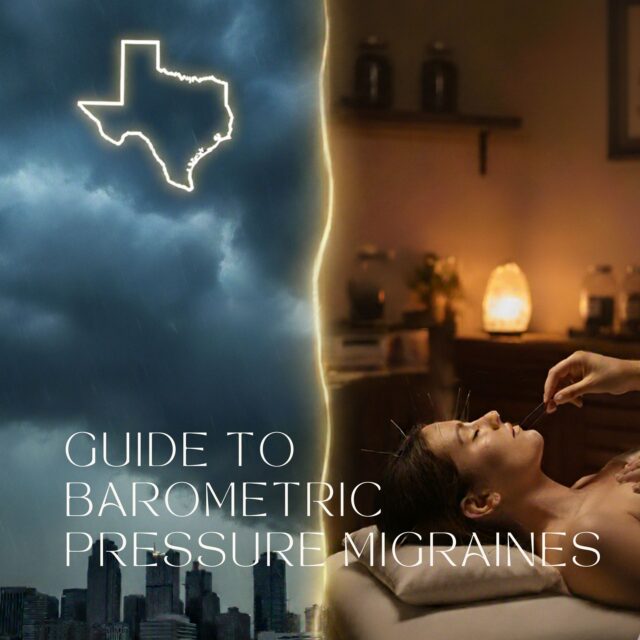I'd like to show you how you can use acupressure—a powerful technique from Traditional Oriental Medicine—to find relief from your...
Read MoreCarpal Tunnel Syndrome & Acupuncture: Proven & Speedy Recovery
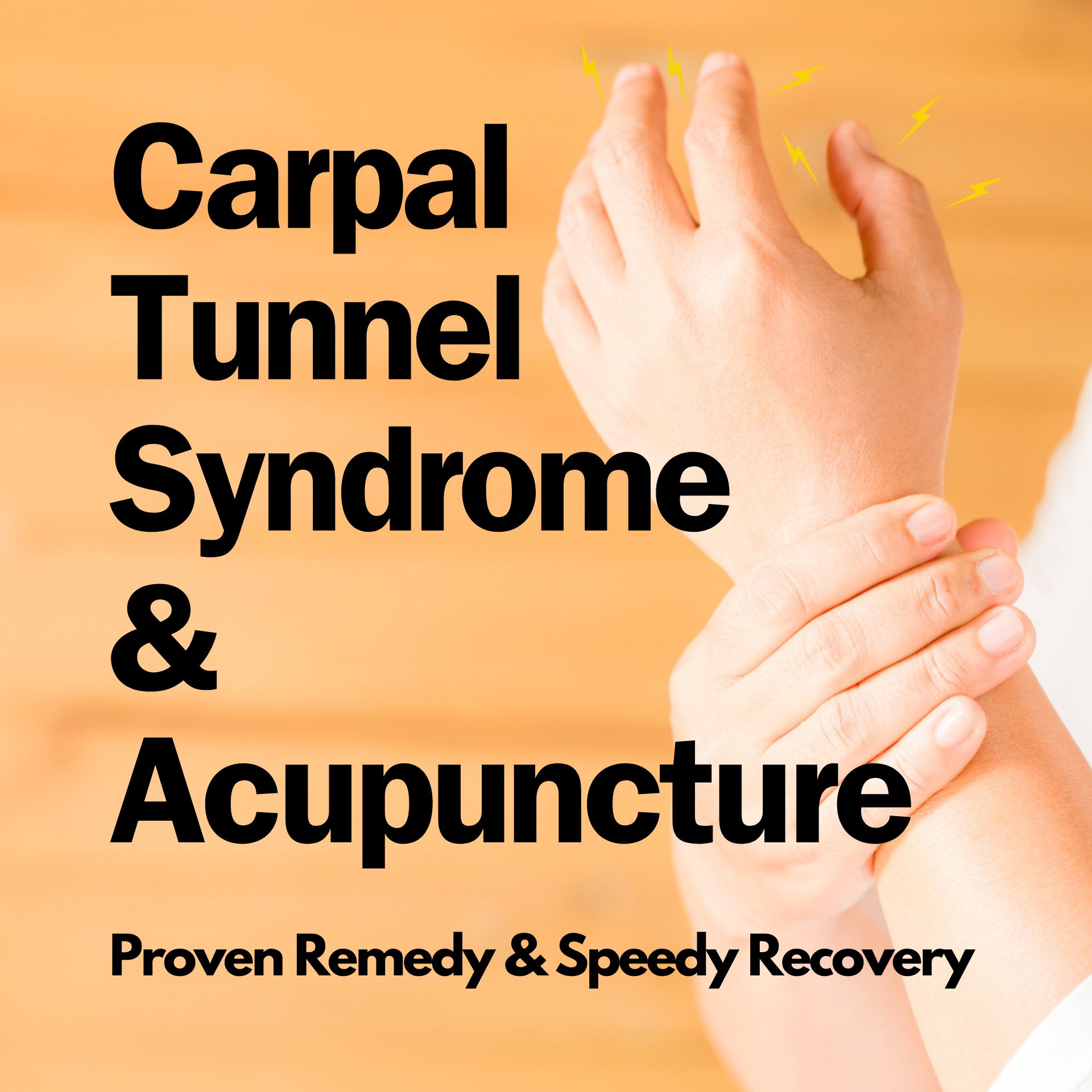
January 14, 2026
Carpal tunnel Syndrome & Acupuncture
Amanda, a 50-year-old woman, came to my acupuncture clinic to look for relief from tingling and numbness and shooting pain down to her right hand and fingers on her index and ring finger, especially at night time, for the past 6 years.
She was diagnosed with carpal tunnel syndrome, and her doctor recommended surgery because she had already received cortisol injections twice, which did not help alleviate the pain, numbness, and tingling in her hand. Her symptoms made it difficult for her to sleep at night, leading to extreme exhaustion and frustration.
We understand this can be a lot of information and overwhelming: if you are looking for more support and answers, set up a free consultation with our Carpal Tunnel Syndrome Specialist, Satoru Ozawa. Share your story, get your questions answered, and learn how you can set yourself up for tremendous success in achieving a healthy life.
What is Carpal Tunnel Syndrome?
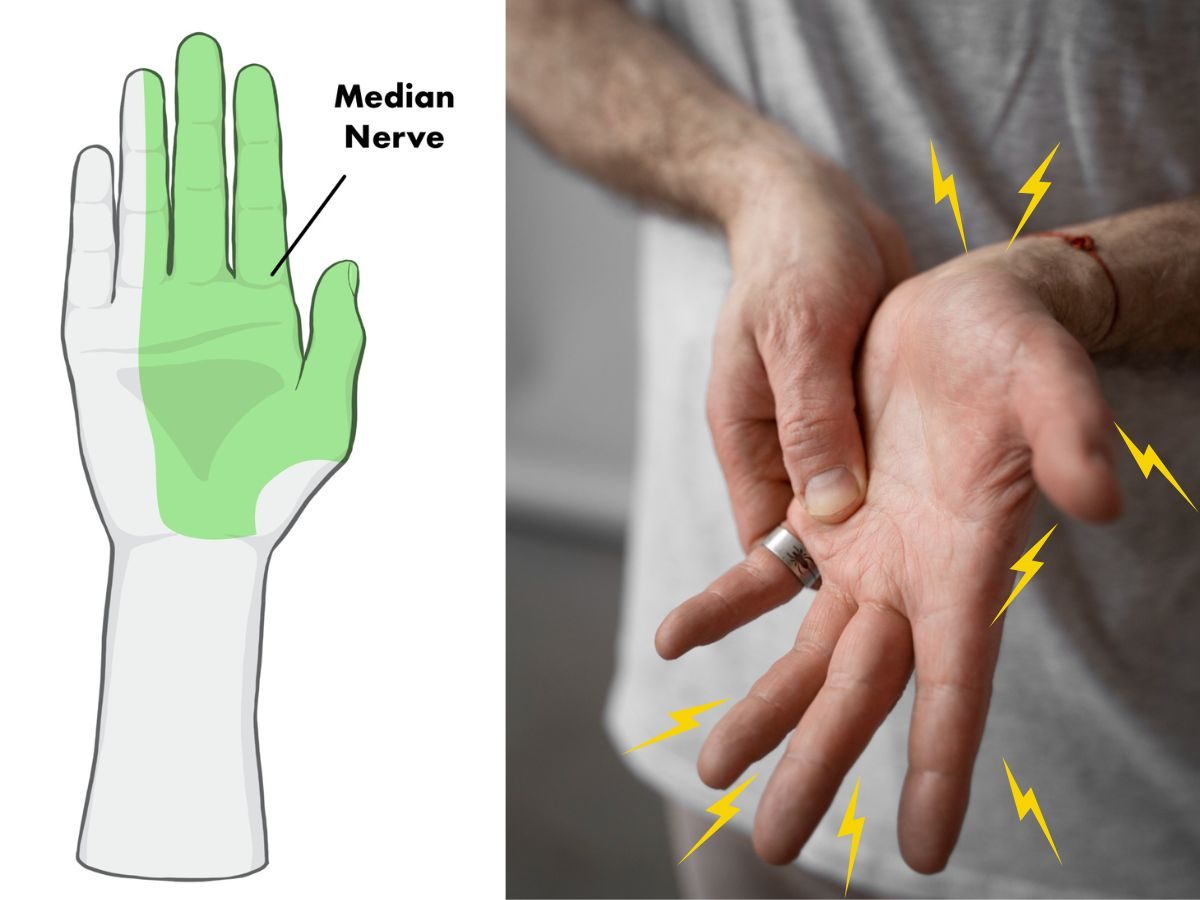
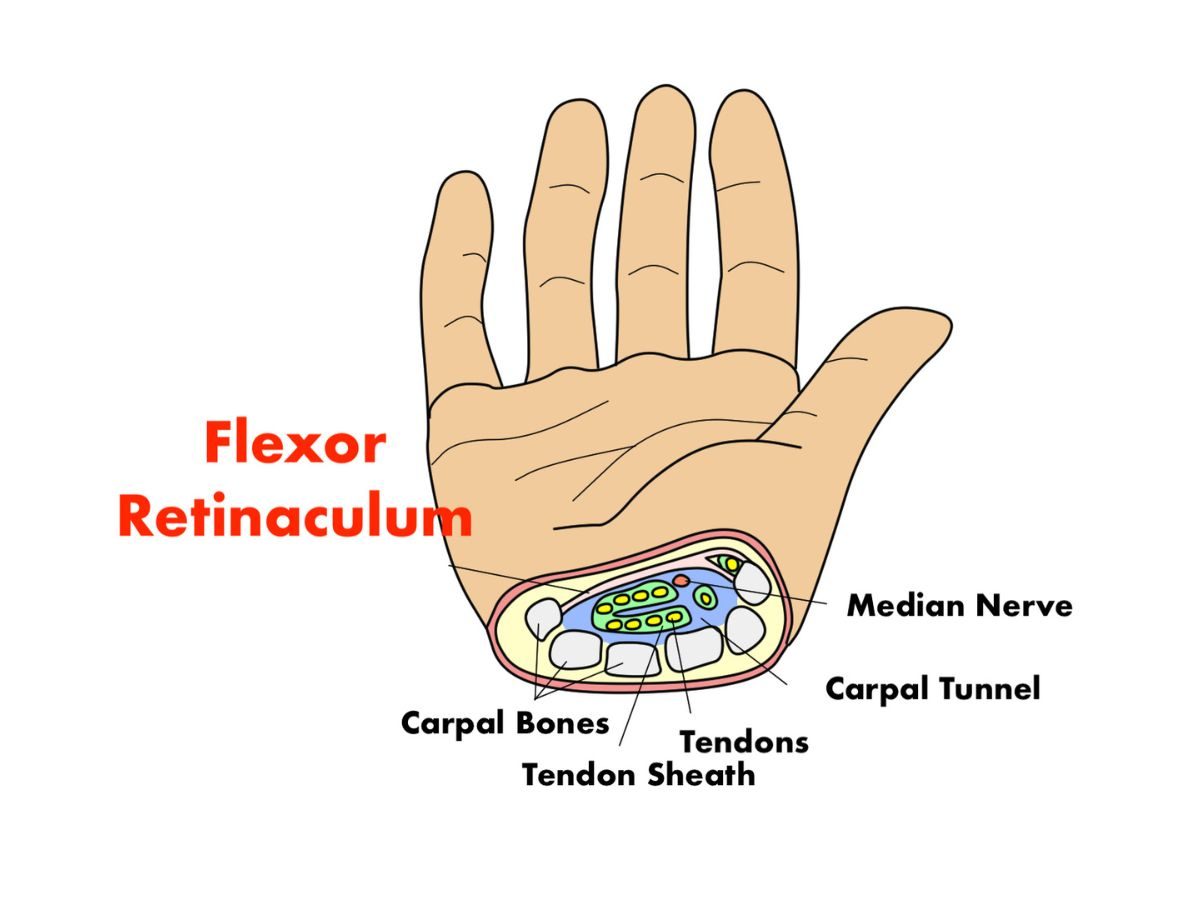
Carpal tunnel syndrome (CTS) is a condition that occurs when the median nerve, which runs from the forearm into the palm of the hand, becomes compressed as it passes through the carpal tunnel—a narrow passageway on the palm side of the wrist. This compression can lead to a variety of symptoms, including:
Numbness or tingling
Often felt in the thumb, index, middle, and part of the ring finger.
Pain
Can radiate from the wrist into the forearm and may worsen at night or with certain activities.
Weakness
In the hand or difficulty grasping objects, leading to issues with daily tasks.
What Causes Carpal Tunnel Syndrome?
CTS is often associated with repetitive hand movements, certain medical conditions (such as diabetes or rheumatoid arthritis), or anatomical factors like a wrist injury. Treatment options vary and can include wrist splinting, physical therapy, corticosteroid injections, and in more severe cases, surgery to relieve pressure on the median nerve.
Carpal Tunnel Syndrome Treatment
Treatment for carpal tunnel syndrome (CTS) can vary depending on the severity of the condition and the individual’s specific symptoms. Here are some common treatment options:
1. Wrist Splinting
Wearing a splint, especially at night, helps keep the wrist in a neutral position, reducing pressure on the median nerve.
2. Activity Modification
Avoiding activities that exacerbate symptoms, or adjusting ergonomics at work (like keyboard positioning), can alleviate strain.
3. Physical Therapy
Exercises and stretches can help improve flexibility and strength in the wrist and hand. Therapists may also use techniques like ultrasound or massage.
4. Medications
Nonsteroidal anti-inflammatory drugs (NSAIDs) can help relieve pain and inflammation. In some cases, corticosteroid injections may be used to reduce swelling.
5. Occupational Therapy
An occupational therapist can provide strategies and tools to reduce strain on the hands and improve function in daily activities.
6. Surgery
If symptoms are severe or do not improve with conservative treatments, surgery may be recommended to relieve pressure on the median nerve. This involves cutting the ligament that forms the roof of the carpal tunnel.
7. Acupuncture
Acupuncture can relieve pressure and reduce numbness and tingling in the median nerve by using fine needles to stimulate points and pressure areas, helping to release tension and inflammation.
Amanda chose acupuncture after steroid injections and physical therapy failed to improve her condition significantly.
Pursuing Your Health is Our Passion
Call or Text 972-777-0836
We'll be happy to answer your questions.
Is acupuncture effective for Carpal tunnel syndrome?
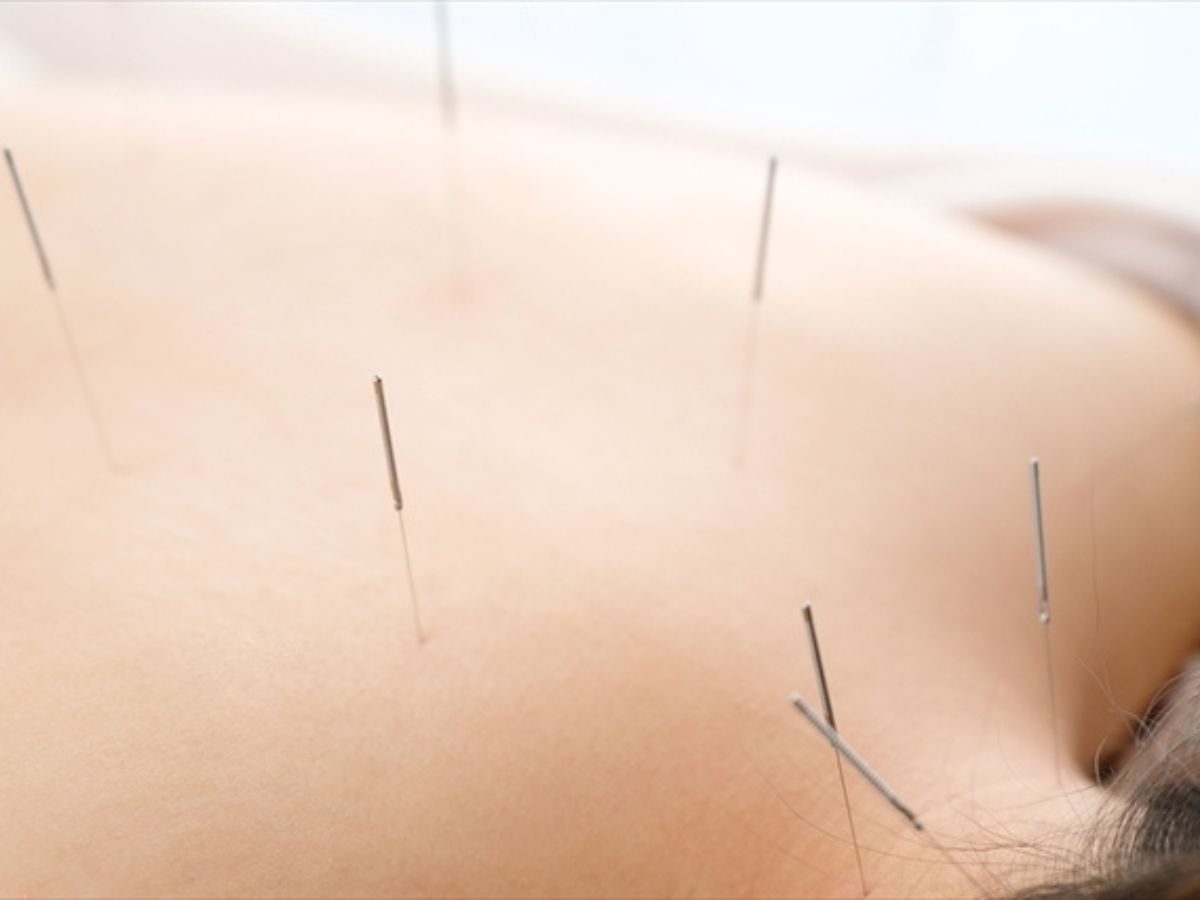
During Amanda’s initial acupuncture session, we assessed her hand sensation and muscle strength. We agreed on a treatment plan of acupuncture once a week for a month.
The treatments focused on reducing inflammation, alleviating tension in her wrist and hand, and creating more space for the median nerve to pass through her hand. Many studies have shown that acupuncture is highly effective in reducing pain and inflammation due to its ability to stimulate the body to release natural painkillers.
A week after her first acupuncture treatment, Amanda noticed some progress. She experienced less tightness and pain in her forearm and hand than before, allowing her to sleep through the night without discomfort. By the end of the fourth week, the numbness and tingling in her hand had decreased by 50%.
Within four months, Amanda had fully recovered. She was almost 95% free from hand numbness, tingling, and shooting pain, and no longer required any treatment.
How to Massage for Carpal Tunnel Syndrome (6 Steps)
I also created a self-care program for carpal tunnel syndrome that you can do at home. These six simple steps help release tension and pain in your hand, reducing the symptoms of carpal tunnel syndrome.
When Should I start Acupuncture?
As a general rule of thumb, the sooner one receives treatment, the better the prognosis. Some patients come for carpal tunnel syndrome treatment months or even years after the initial onset, and these chronic cases are often more complex and take a much longer time to achieve results. Even then, recovery is not guaranteed.
How Often Should I Schedule Acupuncture Sessions?
Regarding the frequency of treatments, Acupuncture follows a simple rule. Acute and relatively new conditions are most effectively treated with more frequent visits, whereas chronic and old conditions can benefit from more widespread treatments. In other words, if you just had an onset of carpal tunnel syndrome, you will probably be prescribed 2-3 treatments per week in order to get the most effective results, and chronic cases will generally come in only once a week.
If you or a loved one was diagnosed with carpal tunnel syndrome and want to learn more about acupuncture and whether it’s appropriate for your case, send us a message through our contact page. Thank you for taking the time to read this blog post! I appreciate your interest and hope to see you again for future posts.
We understand this can be a lot of information and overwhelming: if you are looking for more support and answers, set up a free consultation with our Carpal Tunnel Syndrome Specialist, Satoru Ozawa. Share your story, get your questions answered, and learn how you can set yourself up for tremendous success in achieving a healthy life.
RECENT ARTICLES
These blogs are about natural remedies, acupuncture, Chinese medicine, Chinese herbs, and health tips.
When a Storm is Brewing: A Plano Resident’s Guide to Barometric Pressure Migraines
Living in Plano, you know the weather changes. Sudden storms and fronts cause barometric pressure migraines. Get help for the...
Read More
Satoru Ozawa, L.Ac, ATC
hariQ acupuncture & herbs
Licensed acupuncturist, Certified Athletic Trainer and Chinese herbal specialist. With his 10 years of experience in Oriental Medicine, he will recommend the best natural Remedies, including Acupuncture, Chinese herbs, and health tips to relieve your suffering.


